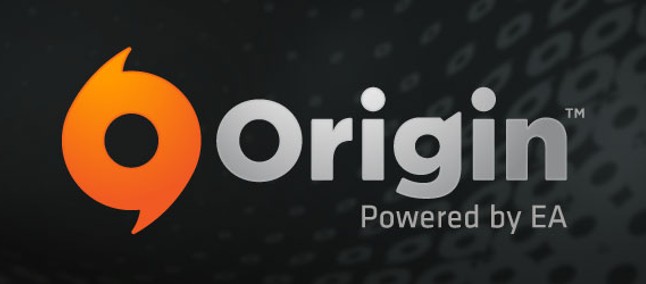 Considered the gateway for most of the titles of Electronic Arts for PCs, Origin began to gain more notoriety in the market after the launch of the game ” Apex Legends “, that had good acceptance in the market gamer, having registered in only three days of launch the expressive brand of 10 million players.
Considered the gateway for most of the titles of Electronic Arts for PCs, Origin began to gain more notoriety in the market after the launch of the game ” Apex Legends “, that had good acceptance in the market gamer, having registered in only three days of launch the expressive brand of 10 million players.
However, as long as it is already old and consolidated in the gaming market, Origin is also susceptible to errors and failures. It has recently been revealed by Check Point Research and Cybernet that it has a serious vulnerability, which could lead to account capture and theft of the user’s identity on the platform.
The invasion process, which can be seen below, was extremely simple, based on the distribution of a false link responsible for collecting the user’s data thus giving access to the account, which includes the viewing of personal and financial data.
Electronic Arts reported as soon as the problem was discovered, working with Cybernet and Check Point Research to correct the identified flaws.
According to Adrian Stone, senior director of security for games and platforms at Electronic Arts, the company’s priority is to protect players and thanks to the report disclosed, it was possible to correct the reported problems.
“As a result of the CyberInt and Check Point report, we have contracted our product safety response process to address the reported issues. Working together under the principle of Coordinated Vulnerability Disclosure strengthens our relationships with cyber security community and is an essential part of ensuring our players stay safe. “
Recommended: YouTube prepares update with more control for homepage and suggestions
Although this problem has already been circumvented, Cybernet and Check Point suggest that users should be cautious in using online systems such as Origin, opting for the use of two-factor authentication and the execution of the executable only on the official website of the supplier companies, aiming at thus reducing risks such as access to personal and financial data linked to the account.
Source: research.checkpoint.com